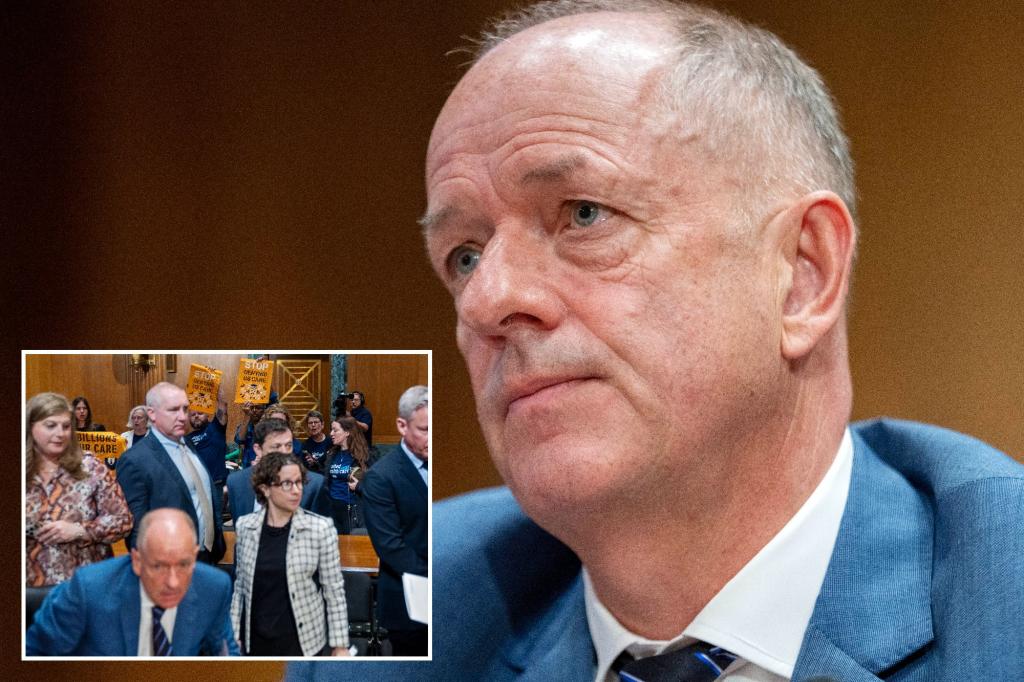UnitedHealth’s recent cyberattack, which impacted almost all patients and providers, led to CEO Andrew Witty testifying in front of a Senate panel. The company’s size, with a market capitalization of $445 billion and annual revenue of $372 billion, raised concerns among Senators about whether it posed a systemic threat due to its widespread influence. Despite UnitedHealth being the 11th largest company in the world, Witty defended its size, stating that the company does not own hospitals or drug manufacturers in America.
The hack on UnitedHealth’s technology unit, which processes about 50% of medical claims in the US for numerous healthcare facilities, led to the stolen data of members of the US military. The hackers demanded a $22 million ransom from the company, which it paid. Witty faced criticism from Senators for the widespread impact of the hack, which affected a substantial proportion of Americans’ health and personal data, though the exact number was not disclosed by UnitedHealth.
Senate Finance Committee Chairman Ron Wyden expressed his concerns about the national security threat posed by the cyberattack on UnitedHealth, raising questions about the responsibility of the company to protect its systems from hackers. The hack resulted in significant financial damage to health facilities, with 94% of hospitals reporting damage to cash flow and more than half experiencing serious financial consequences due to the inability to process claims. Wyden emphasized that the hack caused disruption in payment to doctors and health facilities, impacting medical providers and patients.
The hack on UnitedHealth’s technology unit occurred on Feb. 12, following unauthorized access to the company’s network through stolen login credentials. Witty testified in front of the Senate committee, acknowledging the challenges faced by the company in determining the full extent of the hack’s impact on members of the armed forces and other affected individuals. Despite Witty’s reassurance that the company’s size did not make it “too big to fail,” Senators questioned the dominant role of UnitedHealth in various sectors across the US economy.
Witty’s testimony revealed the importance of cybersecurity measures for large companies like UnitedHealth, emphasizing the need for protecting the systems from potential hackers. Senators highlighted the responsibility of UnitedHealth to safeguard the privacy and security of patients and providers from such cyber threats, urging the company to prioritize cybersecurity measures to prevent future attacks. The company’s payment of a $22 million ransom to the hackers raised concerns about the potential implications of such actions on cybersecurity threats in the healthcare industry.
In conclusion, the cyberattack on UnitedHealth highlighted the vulnerability of large companies to cybersecurity threats, impacting a wide range of stakeholders within the healthcare industry. Witty’s testimony before the Senate committee addressed the challenges faced by the company in responding to the hack and mitigating its impact on patients and providers. The incident underscored the importance of robust cybersecurity measures for companies of all sizes, emphasizing the need for proactive strategies to prevent and address cyber threats in the healthcare sector.


